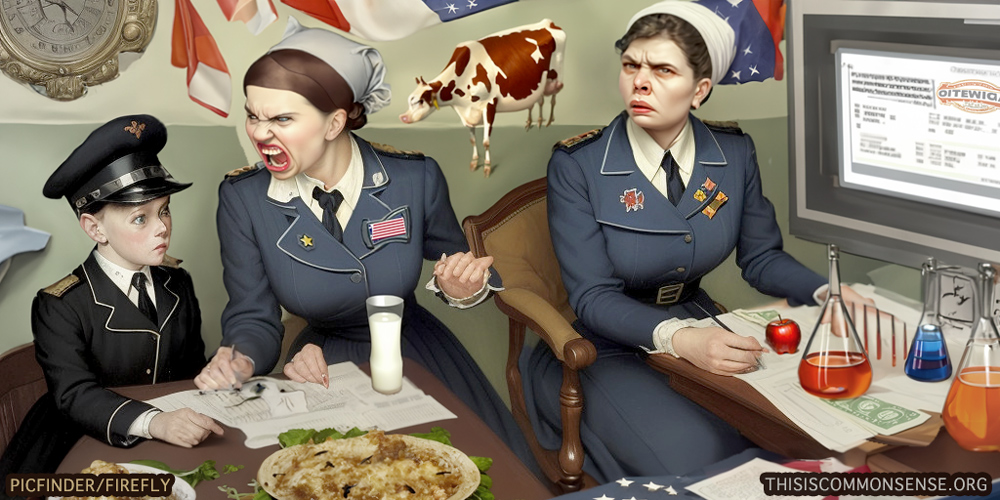How to get school choice reform? Keep fighting.
Last year, Texas Governor Greg Abbott, Republican, worked with families and school choice activists to pass school-choice legislation.
SB1 would have given parents who want to take their kids from public to private schools $8,000 a year for tuition, textbooks, and other expenses: taxpayer money that parents would have been able to spend as they saw fit instead of being forced to let public schools get it regardless of performance.
The educrats and their allies were opposed. “Public dollars belong in public schools. Period,” was the comprehensive argument of the Texas Democratic
With his own party constituting a majority of lawmakers in each legislative chamber, it seemed that Governor Abbott and families could have won anyway. The state senate did pass school-choice legislation. As it turned out, though, too many Republican lawmaker in the house were on the anti-choice team.
Which Republicans? The ones that Abbott and other friends of school choice targeted in this year’s primaries. They spent millions of dollars backing challengers who support school choice. And the governor appeared at campaign events to criticize incumbent Republicans who oppose it.
The net result? Of the current 21 anti-school-choice GOP representatives, only six to ten will be returning to the legislature in 2025. (The exact number won’t be known until runoffs on May 28.)
The elections may thus bring enough of a change in the state legislature to let school choice happen for parents and their students in Texas.
This is Common Sense. I’m Paul Jacob.
Illustration created with PicFinder and Firefly
—
See all recent commentary
(simplified and organized)





